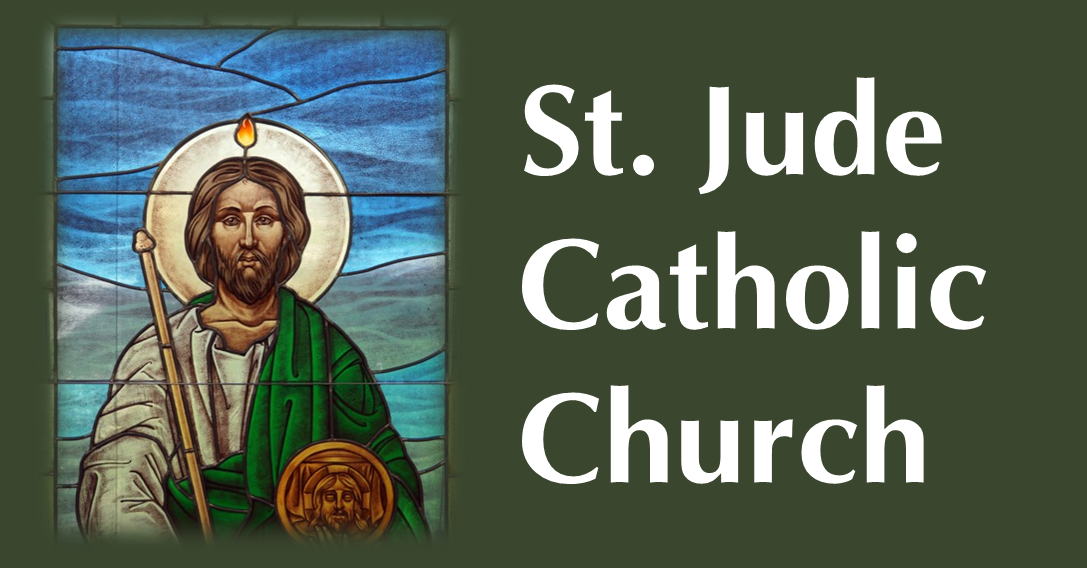PENANCE & RECONCILIATION
This is the Sacrament in which sins committed after Baptism are forgiven.
It results in reconciliation with God and the Church. (US Catholic Catechism for Adults, Glossary)
"The sinner wounds God’s honor and love, his own human dignity…and the spiritual well-being of the Church, of which each Christian ought to be a living stone. To the eyes of faith no evil is graver than sin and nothing has worse consequences for the sinners themselves, for the Church, and for the whole world. "(CCC 1487, 1488)
RECONCILIATION TIMES
Wednesdays, 8:30 - 8:50 AM
Saturdays, 3:30 - 4:30 PM
TO MAKE AN APPOINTMENT
Please call the parish office at 425-883-7685
A parish reconciliation service is celebrated twice yearly in preparation for Christmas and Easter.
FIRST RECONCILIATION
In our Grade 2/3 Faith Formation class, we explore the meaning of rituals, symbols, gestures, and prayers to prepare our children for the Sacraments of Reconciliation and Eucharist.
The program is designed to touch the heart as well as the
head, engaging children using story, Scripture, doctrine and prayer. Classes meet on Tuesdays, September through May, from 6-7 PM.
For more information contact the parish office at 425-883-7685.
EXAMINATIONS OF CONSCIENCE
Before celebrating the Sacrament of Penance, one should prepare oneself with an examination of conscience, which involves reflecting prayerfully on one's thoughts, words, and deeds in order to identify any sins.
There are various types of examinations of conscience but regardless of which one you use to prepare yourself for the Sacrament it should be rooted in Scripture; particularly, the Ten Commandments and Beatitudes.
The United States Conference of Catholic Bishops (USCCB) provides a few examples of Examinations of Conscience that can help you prepare for the Sacrament.
Examination of Conscience based on the Ten Commands
Examination of Conscience for Children
Examination of Conscience for Young Adults
Sin hurts our relationship with God, ourselves and others. As the Catechism states:
The sinner wounds God’s honor and love, his own human dignity…and the spiritual well-being of the Church, of which each Christian ought to be a living stone. To the eyes of faith no evil is graver than sin and nothing has worse consequences for the sinners themselves, for the Church, and for the whole world. (CCC 1487, 1488)
A mature understanding of sin includes reflecting upon our thoughts, actions and omissions as well as examining the patterns of sin that may arise in our lives. With contrite hearts, we are also called to reflect upon the effects of our sins upon the wider community and how we might participate in sinful systems.
Contrition and conversion lead us to seek a forgiveness for our sins so as to repair damaged relationships with God, self, and others. We believe that only ordained priests have the faculty of absolving sins from the authority of the Church in the name of Jesus Christ (CCC 1495). Our sins are forgiven by God, through the priest.
There are four steps in the Sacrament of Reconciliation:
- We feel contrition for our sins and a conversion of heart to change our ways.
- We confess our sins and human sinfulness to a priest.
- We receive and accept forgiveness (absolution) and are absolved of our sins.
- We celebrate God’s everlasting love for us and commit to live out a Christian life.
The Spiritual effects of the Sacraments of Reconciliation include:
- reconciliation with God by which the penitent recovers grace
- reconciliation with the Church
- remission of the eternal punishment incurred by mortal sins
- remission, at least in part, of temporal punishments resulting from sin
- peace and serenity of conscience, and spiritual consolation
- an increase of spiritual strength for the Christian battle (CCC 1496)
Individual confession with a priest is the principal means of absolution and reconciliation of grave sins within the Church. The Sacrament of Reconciliation frees us from sinful patterns of behavior and calls us to complete conversion to Christ. Reconciliation heals our sins and repairs our relationships.




